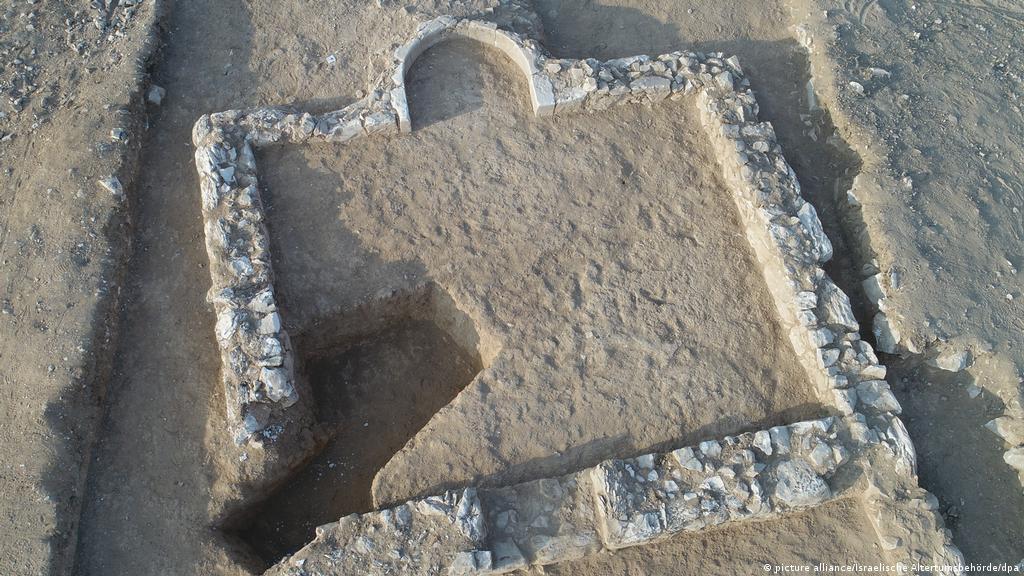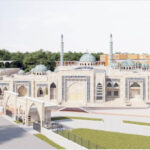Israeli archaeologists on Wednesday unveiled an ancient mosque in the country’s south that antiquities officials said sheds light on the region’s transition from Christianity to Islam.
The remains of the mosque, believed to be more than 1,200 years old, were discovered during works to build a new neighbourhood in the Palestinian Bedouin city of Rahat, the Israel Antiquities Authority said in a statement.
- Buhari in Rwanda, urges Nigerians to tolerate one another
- NIGERIA DAILY: The Real Story Behind Ekweremadu’s Arrest In London
The mosque located in the Negev desert (also called Naqab in Arabic) contains “a square room and a wall facing the direction of Mecca”, with a half-circle niche in that wall pointing to the south, the IAA said.
“These unique architectural features show that the building was used as a mosque,” the authority said, noting it probably hosted a few dozen worshippers at a time.
A short distance from the mosque, a “luxurious estate building” was also discovered, with remains of tableware and glass artefacts pointing to the wealth of its residents, the IAA said.
Three years ago, the authority unearthed another mosque nearby from the same era of the seventh to eighth century AD, calling the two Islamic places of worship “among the earliest known worldwide”.
The mosques, estate and other homes found nearby illuminate “the historical process that took place in the northern Negev with the introduction of a new religion — the religion of Islam, and a new rulership and culture in the region,” the IAA said.
“These were gradually established, inheriting the earlier Byzantine government and Christian religion that held sway over the land for hundreds of years.”
The Muslim conquest of the region occurred in the first half of the seventh century.
The IAA said the mosques found in Rahat would be preserved in their current locations, whether as historic monuments or as active places of prayer. (The New Arab)

 Join Daily Trust WhatsApp Community For Quick Access To News and Happenings Around You.
Join Daily Trust WhatsApp Community For Quick Access To News and Happenings Around You.


